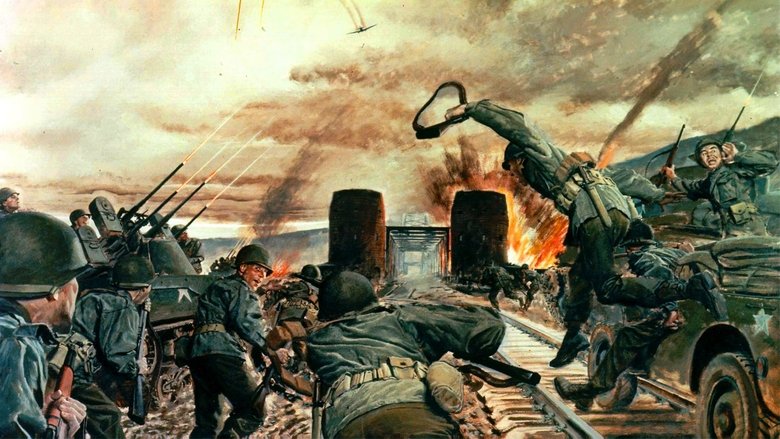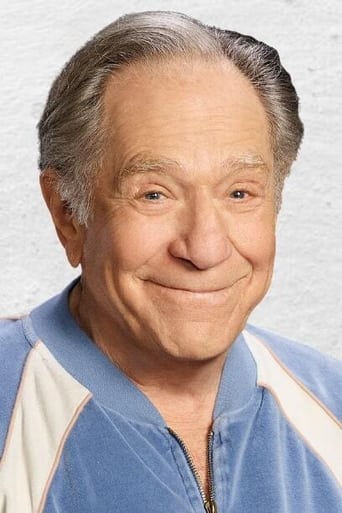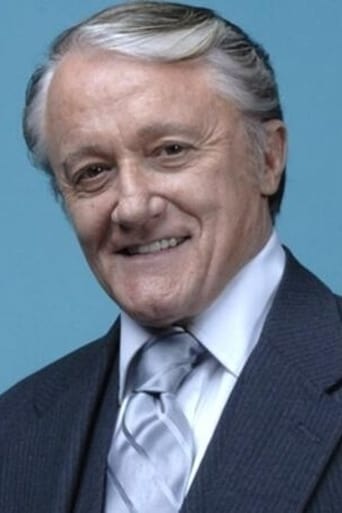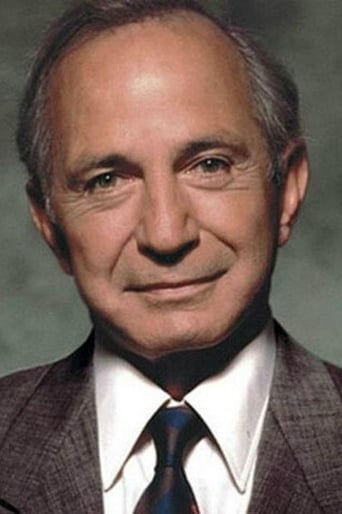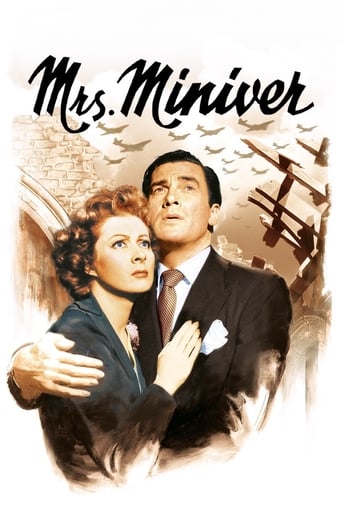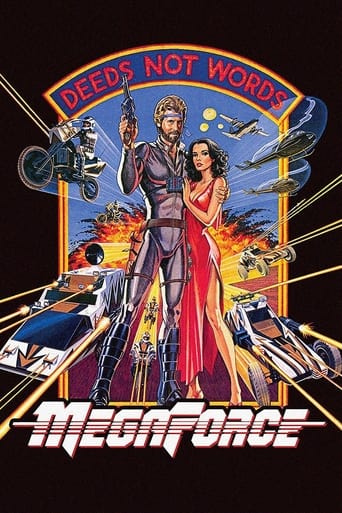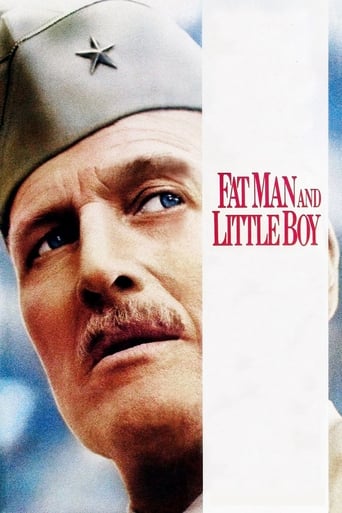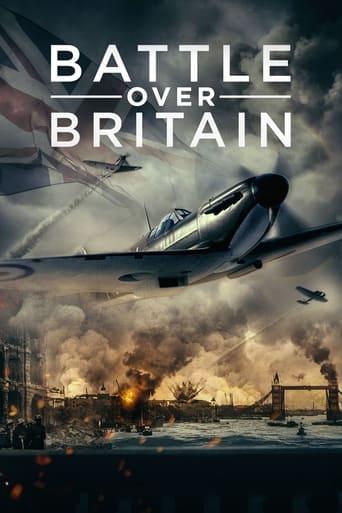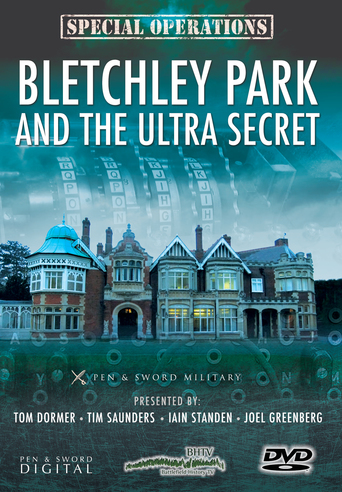The Bridge at Remagen (1969)
In March of 1945, as the War in Europe is coming to a close, fighting erupts between German and American troops at the last remaining bridgehead across the Rhine.
Watch Trailer
Cast
Similar titles
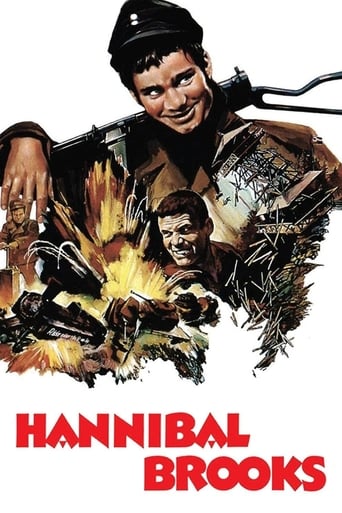
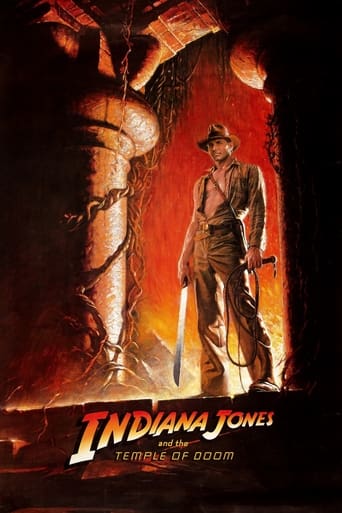

Reviews
Good concept, poorly executed.
Bad Acting and worse Bad Screenplay
Actress is magnificent and exudes a hypnotic screen presence in this affecting drama.
By the time the dramatic fireworks start popping off, each one feels earned.
Near the end of WW2 European theater was very bad for the Americans and Germans and I think this movie brings this out
In March 1945, during the Allies' final advance into Germany, the U.S. 9th Armored Division succeeded in capturing the Ludendorff Bridge in the Rhineland town of Remagen. This was an important event because it was the only significant bridge still standing over the Rhine, and its capture meant that the U.S. Army could cross it immediately with heavy tanks, artillery pieces and supply trucks, thus establishing a bridgehead on the eastern bank of the river without the need for an amphibious crossing. "The Bridge at Remagen" tells a fictionalised version of these events. Virtually all war films made during World War II itself, and most of those made during the following decades, took a strongly patriotic approach, with the heroic Americans or British putting the villainous Axis forces to flight. There were, however, a few which took a more objective, nuanced look at the war. "Bridge on the River Kwai" and "Ice Cold in Alex" are two fine examples which come to mind, and this film is another. The three main characters on the American side are Major Barnes, Lieutenant Hartman and Sergeant Angelo, generally known as "Angel". Barnes is an aggressive, gung-ho officer, determined to capture the bridge at all costs, although he is motivated less by belief in the Allied cause than by a desire to further his own military career by impressing his superiors. Hartman, by contrast, is becoming disillusioned and weary of the war; his main motivation is to get home alive along with as many of his men as possible. He has reluctantly been promoted to company commander following the death of his more reckless predecessor. He despises Barnes whom he sees as putting his own interests before the lives of the men under his command. Angel also, at first, seems like a man who puts his own interests before all else, in his case by trying to make a profit out of anything he can steal. Early in the film we see him picking the pockets of a corpse, much to Hartman's disgust. Later on, however, Angel is humanised by his exposure to the darker side of war, especially after he is forced to shoot a German civilian who has opened fire on his unit, only to find that he has killed a teenage boy. The main character on the German side is Major Paul Krüger, the officer charged with defending the bridge. Krüger is not portrayed as a stereotypical Nazi but as an honourable Wehrmacht officer with a strong sense of duty. He is, however, confronted with two difficulties. The first is that he has been given two sets of mutually contradictory orders. The German High Command, on Hitler's instructions, has commanded that all bridges across the Rhine should be destroyed, but Krüger's immediate superior, General von Brock, has ordered him to hold the Remagen Bridge for as long as possible to enable the German 15th Army, trapped on the west bank of the river, to escape. His second difficulty is that he has been allocated insufficient troops to do the job. Unlike many war films, this is not a simple tale of the triumph of American heroism over Nazi villainy, but rather a psychological study of men at war. It features a number of very convincing performances, especially from George Segal as Hartman, Ben Gazzara as Angel and Robert Vaughn as Krüger. Hartman and Krüger may be on different sides, but both are shown as fundamentally decent, if flawed, characters. We do see evidence of German brutality and treachery, but against this must be set Barnes's callous disregard of the human cost of his actions and a scene where American planes strafe unarmed German civilians trying to flee across the bridge. It is not an anti-war film in the way in which, say, "Catch-22" or "Oh! What a Lovely War" are anti-war, but it can be seen as an anti-heroic war film, with no attempt to paint one side as wholly good or the other as wholly evil. In place of glory or heroics it shows us ordinary people, both soldiers and civilians, trying to survive the war with their lives, or their honour, intact. Director John Guillermin made some other good war films, including "I Was Monty's Double" and "The Blue Max", which also showed some of its German characters in a sympathetic light, but "The Bridge at Remagen" is the best of his which I have seen. 8/10
'The Bridge At Remagen's problem is that it came towards the end of a long slew of epic WWII movies (Where Eagles Dare, Heroes Of Telemark, Guns of Navarone, etc), and suffered as a result. I well remember the 'Daily Telegraph' film critic tearing it to bits. In actual fact it ain't half bad. It's reasonably realistic, sticks to the story, and is competently acted. It's a film worth watching more-but not much more-than once. As I have said on this site more than once, a ten line minimum review limit is nonsense. As a practising Yorkshireman, I expect and deliver succinctness. Let's leave shrill expansiveness to effete southerners!.
Competent war movie benefits from its distinguished cast led by George Segal as the tired unit leader given instructions to prevent the Germans from destroying the Remagen bridge, which is vital to the allies advancement. His nemesis Major Paul Kruger (Vaughn) is similarly under pressure from his superiors to repel the allies, but questions the tactics and futility, his unpopular opinions quietly shared by another battle-weary German officer leading them both into harm's way within their own establishment.Robert Vaughn, while miscast as Kruger, doesn't hamper the overall impact. He adopts all the mannerisms and props, but it's his character's conscience and complexities that go beyond the stereotypical Nazi veneer. Key supporting cast includes Gazzara as the rebellious sergeant Angelo (profiting from the war whenever and however he can), Bradford Dillman as the by-the-book major with whom Segal frequently clashes, and Peter Van Eyck as the sympathetic German officer, a clichéd role (the reluctant soldier) but well undertaken."Bridge at Remagen" boasts some top notch action sequences and stunt-work, along with the occasional human touch that elevates it beyond casual war fodder. Gazzara in particular is given reasonable depth with his characterisation, and given Segal's ambivalence, could even be considered the central character. Bystanders Anna Gael and Sonia Zeimann are the token females with little to offer but some much-needed testosterone balance (although their roles are sexualised to varying degrees), while a number of reasonably well known actors comprise the bit parts (Bo Hopkins, Robert Logan, Paul Prokop, Matt Clark and Fritz Ford). The film tapers off in the final thirty minutes, but is somewhat resurrected by the finale to which the victors go the spoils, and the defeated treated as pariahs while the firing squad awaits. Gritty, worth a look.

